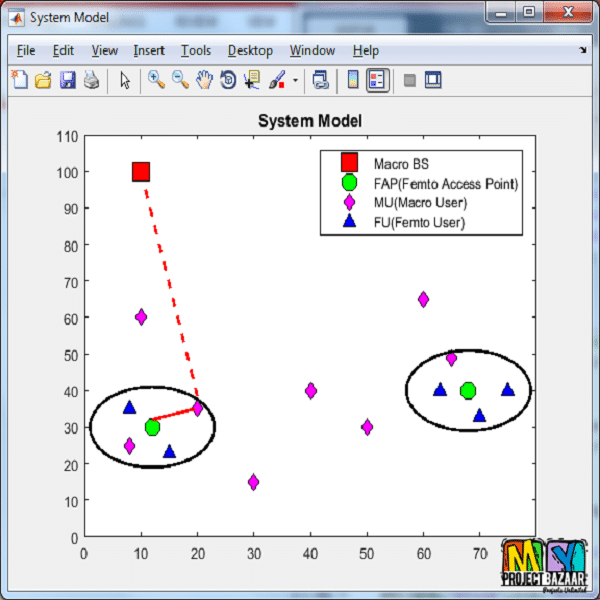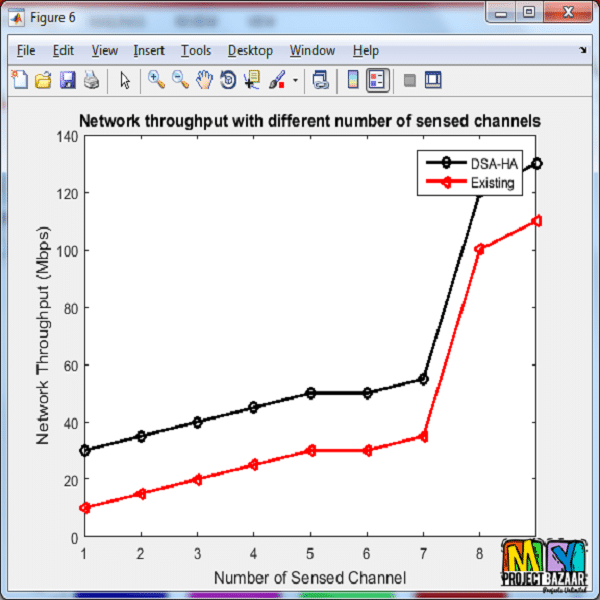Simultaneous Sensing and Transmission for Cognitive Radios With Imperfect Signal Cancellation
Product Description
Simultaneous Sensing and Transmission for Cognitive Radios With Imperfect Signal Cancellation
Abstract-In conventional cognitive radio systems, the secondary user employs a “listen-before-talk” paradigm, where it senses if the primary user is active or idle, before it decide to access the licensed spectrum. However, this method faces challenges, with the most important one being the reduction of the secondary user’s throughput, as no data transmission takes place during the sensing period. In this context, the idea of simultaneous spectrum sensing and data transmission is proposed. This paper studies a system model where this concept is obtained through the collaboration of the secondary transmitter with the secondary receiver. First, the secondary receiver decodes the signal from the secondary transmitter, removes it from the total received signal, and then carries out spectrum sensing in the remaining signal in order to determine the presence/absence of the primary user. Different from the existing literature, this paper considers the imperfect signal cancellation, evaluating how the decoding errors affect the sensing reliability, and derives the analytical expressions for the probability of false alarm. Finally, numerical results are presented illustrating the accuracy of the proposed analysis.
Including Packages
Our Specialization
Support Service
Statistical Report

satisfied customers
3,589
Freelance projects
983
sales on Site
11,021
developers
175+Additional Information
| Domains | |
|---|---|
| Programming Language |
















